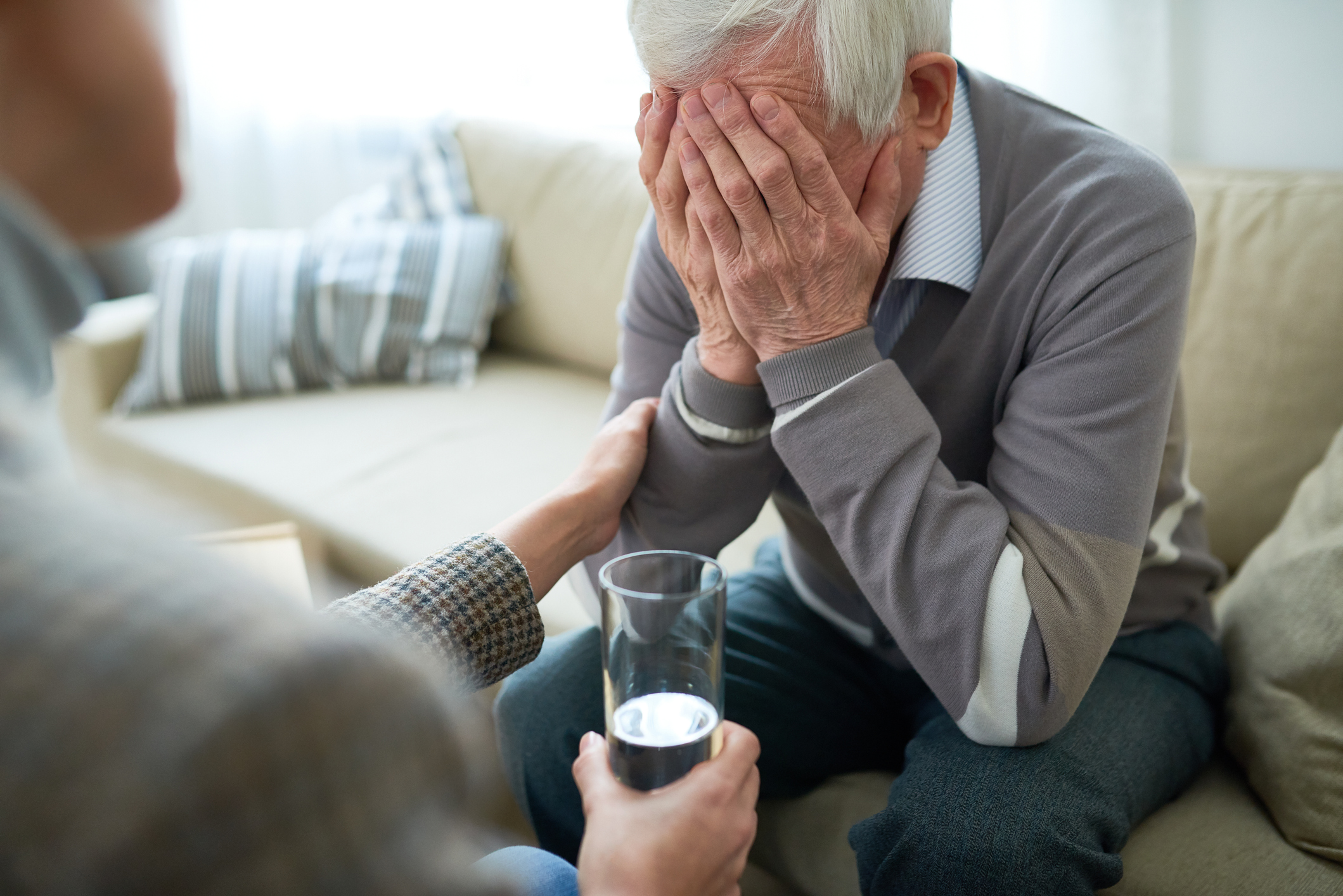Until you’ve walked a day in an elderly adult’s shoes, it can be difficult to summon the patience and empathy required to fully understand what it’s like to be old; to struggle with daily tasks and have difficulty hearing the soft voices of children in a loud room. But it doesn’t have to take a major event such as a fall or other injury to put yourself in the place of an elderly loved one. Imagine yourself at their age, possibly living alone but not wanting to ask for too much help fearing family will urge a move into assisted living.
Many older adults, especially those who live alone, are not just stubborn and refuse to get help. They are worried that if family and friends are aware of just how difficult daily life has become, it will spell the end of their independence. And although elderly adults may have functional difficulty or even the early signs of cognitive decline, they are not children and want and deserve to be treated with respect and dignity.
Having open and honest conversations about how to meet the care needs of our elders is a tricky subject to navigate. But avoiding planning for the future usually spells disaster when seniors stay too long in a home that makes daily living difficult, even dangerous. In a fast-paced society, it can be hard to slow down and listen to the concerns and wishes a senior may have about their future. But whether to aging-in-place or consider a move is a complex decision that likely involves many factors that need to be considered.
As a wave of older baby boomers reach retirement age and beyond, meeting the challenge to care for a growing senior population is becoming increasingly urgent. According to the United States Census Bureau, in 2016 19.5 million U.S. residents over the age of 65 were unmarried. Single seniors, especially those without nearby family, may experience social isolation as they face retirement, the death of friends or a loss of mobility. Isolation not only leads to loneliness or depression, but it can also contribute to cognitive decline, increase the risk for chronic illness and make seniors more vulnerable to elder abuse.
Learn more about supporting an older adult by following this link to the Family Caregiver Alliance National Center on Caregiving.






Add Your Voice
0 Comments
Join the Discussion